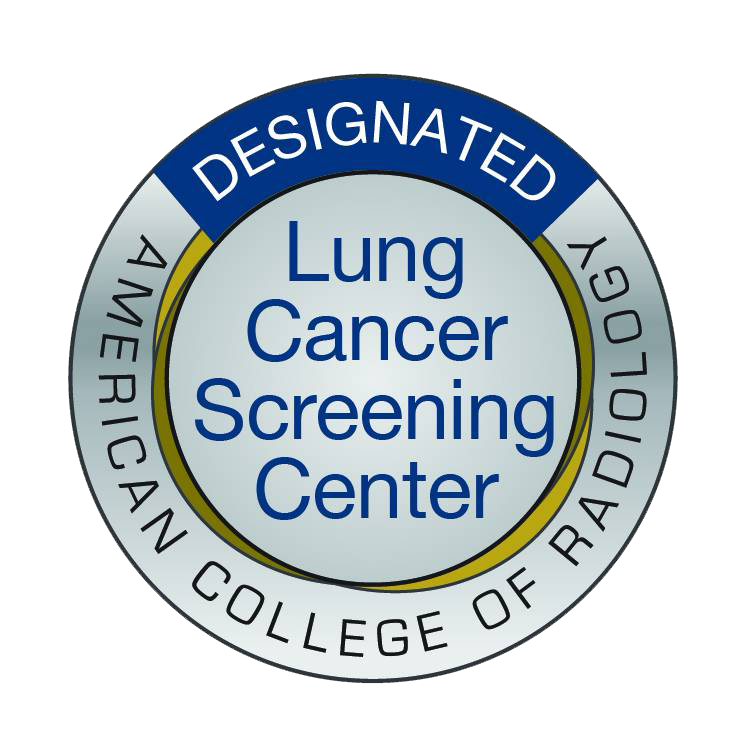Lung cancer is most treatable when diagnosed early. Early detection puts you in control of your health and greatly increases your chances of receiving effective treatment.
Lung cancer screening is recommended if you are between 50 and 80 years of age and meet the following criteria:
- Currently smoke cigarettes or quit smoking less than 15 years ago.
- Smoked at least 20 pack-years during your lifetime. A pack-year is the number of packs you smoked per day multiplied by the number of years you smoked.

